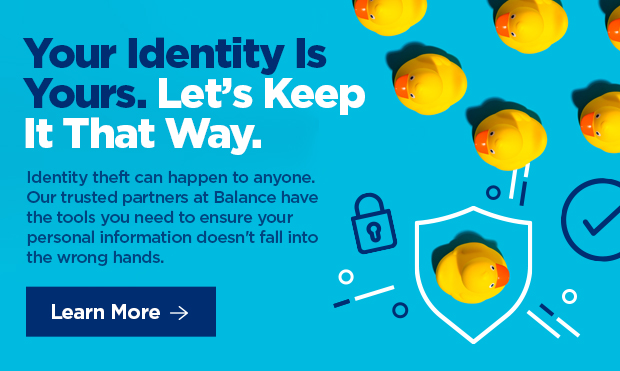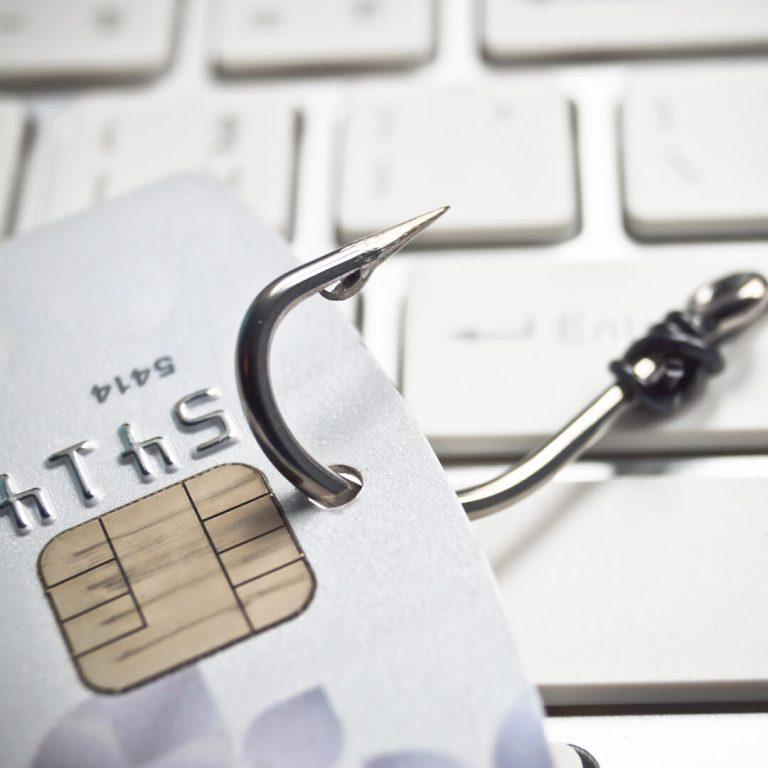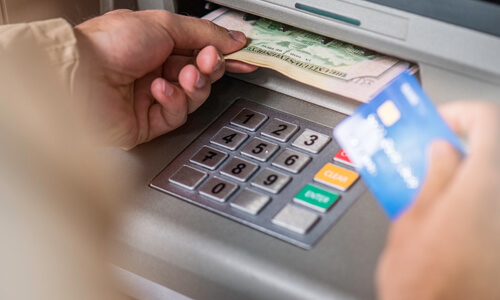With the advent of online commerce, credit and debit card fraud has exploded. In fact, according to data collected by the Federal Trade Commission (FTC), there have been 230,937 reports of credit card fraud filed in the first two quarters of 2022.
Unfortunately, credit and debit card fraud can go unnoticed until it causes serious damage. Here, we’ve outlined what you need to know about credit and debit card fraud, how to protect yourself and what to do if you’re targeted.
What is credit and debit card fraud?
Credit and debit card fraud occurs when a scammer gains access to a victim’s card information and goes on to max out their credit cards (or empty their accounts), commit identity theft and more.
Card fraud can be pulled off in several ways:
- Card skimming involves a scammer tampering with an ATM or payment terminal. The machine reads the victim’s card information and transmits this information to the scammer.
- Brute force attacks occur when a scammer employs an auto-dialer to access the card numbers issued within the target’s bank identification number (BIN). The scammer can perform an infinite amount of guesses until they land on the card’s expiration date, security code and other numbers.
- Online phishing is implemented through insecure links embedded in emails or online ads, or through bogus surveys, solicitations, job offers, dating profiles and the like. The scammer uses these means to gain access to the victim’s credit or debit card information.
How to protect yourself from credit and debit card fraud.
Fortunately, there are measures you can take to protect yourself from credit or debit card fraud. Follow these tips to stay safe:
- Monitor your accounts. Check your checking account and credit card statements frequently so you can spot the first signs of fraud.
- Sign up for alerts. Many issuers will send you texts or emails when new charges post to your account or card-not-present transactions take place. These alerts can help you spot credit card fraud more easily. (Learn how to set up a credit/debit card alert with Quorum).
- Use strong, unique passwords across all your accounts. It’s also a good idea to change your passwords approximately every six months.
- Choose zero liability. If possible, choose a card with zero liability protection so you won’t be held accountable for any fraudulent charges made on your card.
- Shop with caution. Only shop reputable sites and avoid clicking on pop-up ads or links in emails from unverified senders. To confirm a site’s security, look for the padlock icon and the “s” after the “http” in the URL. Avoid storing your credit card information in online shopping accounts. Finally, make sure the security settings on your devices are updated and choose a VPN (virtual private network) when using public Wi-Fi.
- Keep your cards close. Keep your card tucked into your wallet or purse. If you use a cardholder on your phone case, keep your phone in a safe place and make sure the card numbers are not easily visible. It’s also a good idea to put your card away right after completing a purchase.
If you’re targeted by fraudsters.
If you believe your credit or debit card has been frauded, take immediate steps to mitigate the damage. First, let the credit card company know about the fraud. Similarly, if your debit card has been frauded, let your financial institution know as soon as possible. Your old card will be canceled and you’ll be issued a replacement card immediately. You may also want to consider placing a credit freeze on your accounts to prevent the scammer from taking out a loan or opening another account in your name.
Will I be liable for credit and debit card fraud?
Taking immediate action upon the event of fraud is critical to your recovery. Under federal law, credit card holders are only liable for up to $50 in fraudulent charges. Debit card holders, on the other hand, only enjoy the same cap on their liability if they report the fraud within two days. Upon failure to do so, they may be held accountable for up to $500 if the fraud is reported within 60 days of occurrence. If they miss this deadline as well, they will be liable to cover the entire fraudulent charge to their account.
The good news is most credit and debit cards issued through major payment networks (like Quorum’s Mastercard credit cards), offer zero liability policies and other consumer protections. Read the fine print in your card agreement carefully to familiarize yourself with your responsibilities.
Credit and debit card fraud can devastate a victim’s financial health and leave them with huge bills to pay. Be sure to follow the tips outlined above to stay safe!






Comments Section
Please note: Comments are not monitored for member servicing inquiries and will not be published. If you have a question or comment about a Quorum product or account, please visit quorumfcu.org to submit a query with our Member Service Team. Thank you.